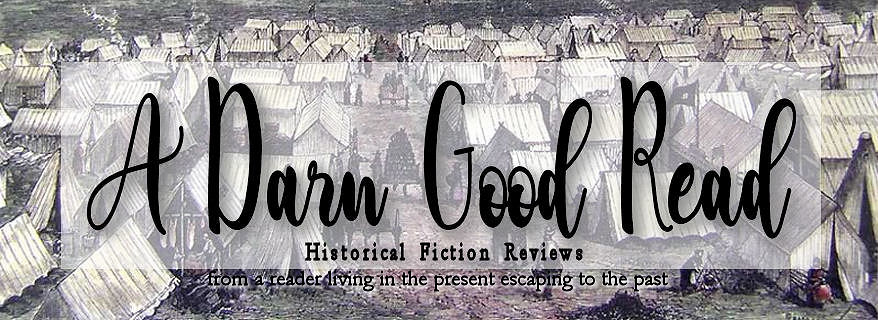At the age of sixteen Ryan Meade is banished from his home in Boston due to an illicit romance with the daughter of a Negro family retainer and is forced to enlist in the Union Army. After the Civil War ends he follows his hero, George Custer, to the west. Disillusioned by the treatment of the Native Americans and Custer’s part in it, he deserts just before the Battle of the Little Bighorn and heads for Canada. Here he meets up with a
sympathetic group of Mounted Police. They offer him help to return home, but the contents of an Army despatch satchel, given to them by Native Americans fleeing the wrath of the United States Government, brings about a change of plans.
Meade decides he needs time alone to come to terms with his past and to determine where his future lies. His quest takes him across the wild and lawless north west territory of Canada, where he encounters other Native tribes, fur trappers and traders, and Métis Voyageurs; also crossing paths with some famous and infamous historical figures.
From those who befriend him, Meade gains knowledge vital to his survival in Canada. He also learns what is important in life and spirituality from the Native Indian tribe into which he marries. Content, he believes his future lies with them. However, when personal tragedy strikes, he is forced to assess his life once more and move on. Loneliness and despair make him an easy target for the unscrupulous, and the temptation of drugs and alcohol becomes too great before his past and present are reconciled.
The history of Canada is not a subject I know very much about. From the opening chapters my first impression was that Canada provided a convenient and tolerant haven for those in trouble in the United States and for those, like Meade, who also wished to disappear for whatever reason. It was easy to cross the border and not too many questions were asked about a person's background. But as Meade's story unfolds, it becomes apparent that Canada in the late 1870s was a very complex place due to the diversity of the region's inhabitants.
From his first meeting with members of the newly formed North West Mounted Police, Meade gains greater insight into the relationships between the Native tribes (Canadian and American), white settlers and the Government. He also experiences the devastating effects of white settlement, as well as the influence of the Hudson Bay Company and the methods used by both the Canadian and United States Governments to dispossess the Native tribes of their lands. Despite the presence of the North West Mounted Police, he is also witness to frontier justice.
For a young man of nearly 30, Meade appears much younger. One would expect his twelve years in the army to have hardened him, but in fact it is quite the opposite, making his decision to desert all the more credible. It is easy to empathise with Meade due to his honesty, naivety and genuine interest in the lives of the people he meets. Given the vastness of the area through which he travels, chance plays a big part here, especially when it comes to the historical figures he encounters.
In Meade, Murray Harvey has created the ideal protagonist with which to impart this snapshot of Canada in the late 1870s. While Meade's story tugs at the heartstrings, it is the plight of the Native peoples that leaves a lasting impression.
Thank you to Murray Harvey for providing a free copy to read and review.


No comments:
Post a Comment